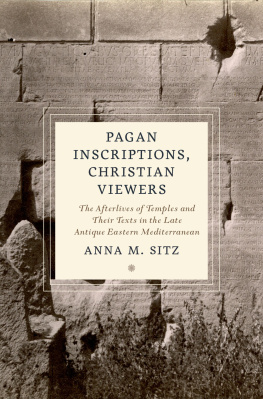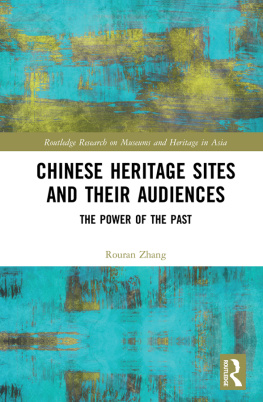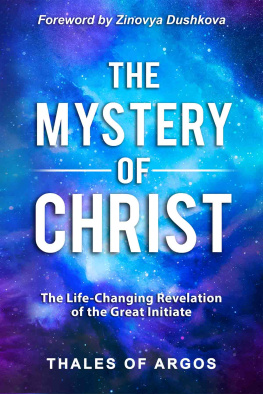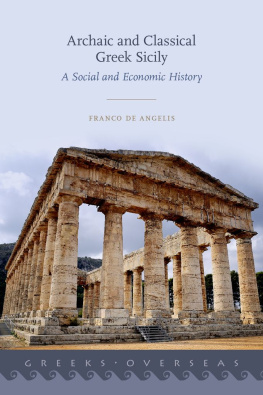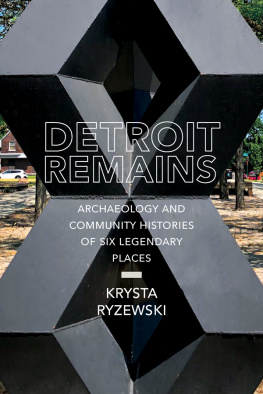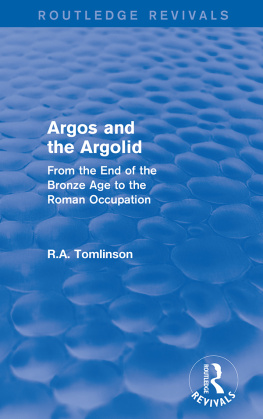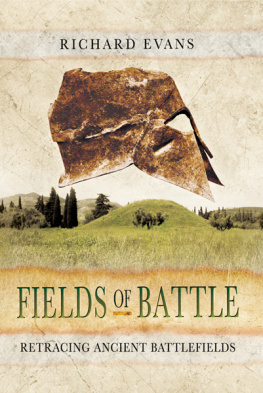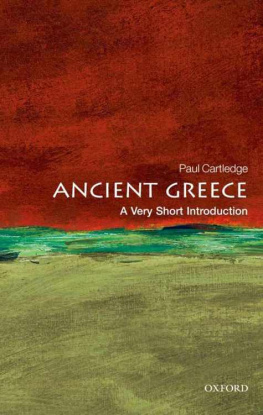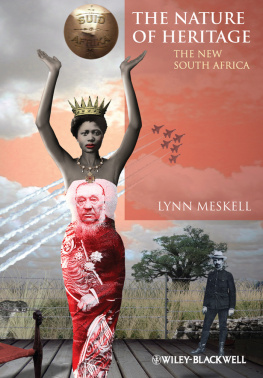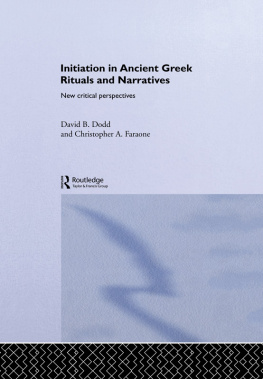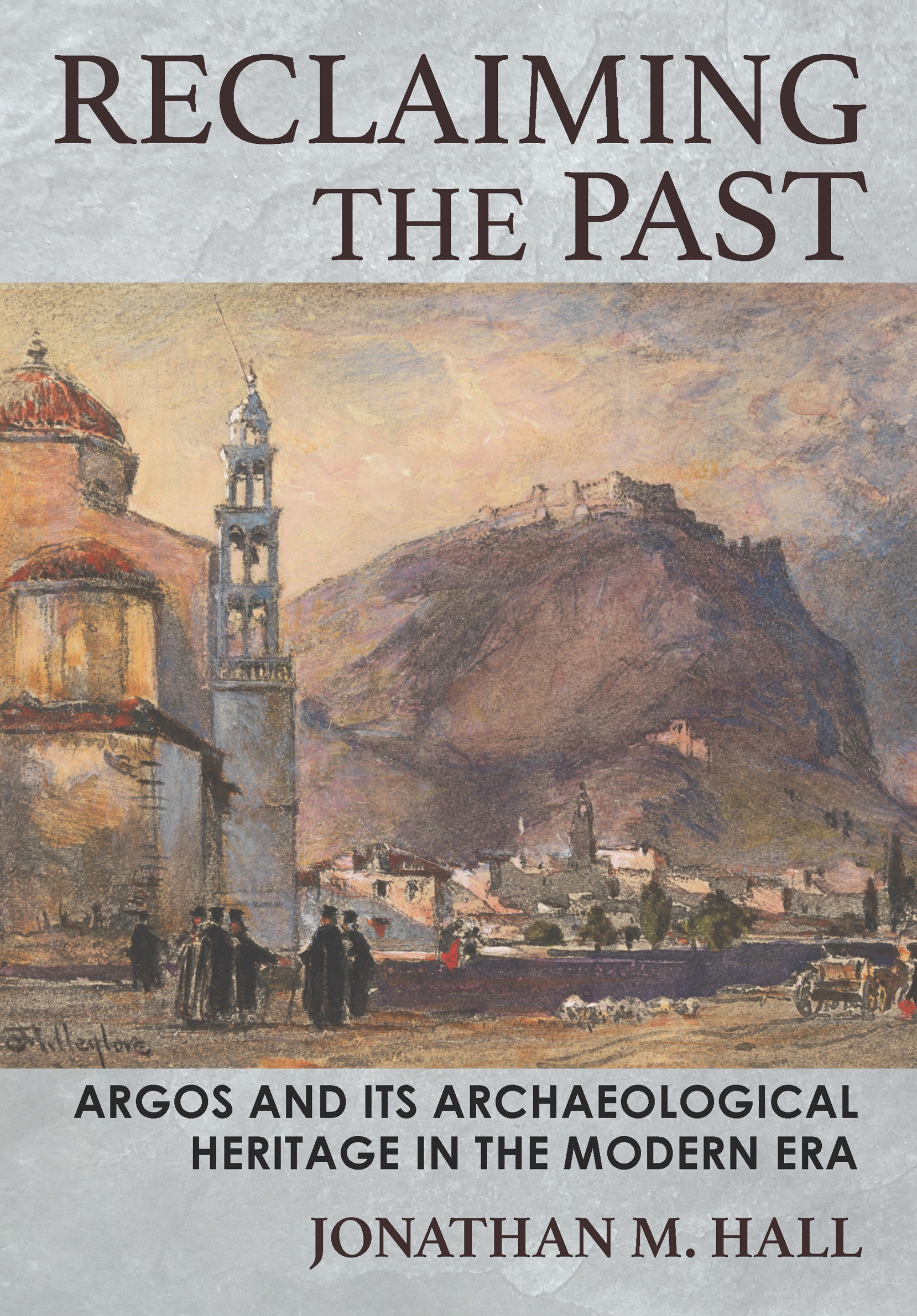Jonathan M. Hall - Reclaiming the Past: Argos and Its Archaeological Heritage in the Modern Era
Here you can read online Jonathan M. Hall - Reclaiming the Past: Argos and Its Archaeological Heritage in the Modern Era full text of the book (entire story) in english for free. Download pdf and epub, get meaning, cover and reviews about this ebook. City: Ithaca, year: 2021, publisher: Cornell University Press, genre: History. Description of the work, (preface) as well as reviews are available. Best literature library LitArk.com created for fans of good reading and offers a wide selection of genres:
Romance novel
Science fiction
Adventure
Detective
Science
History
Home and family
Prose
Art
Politics
Computer
Non-fiction
Religion
Business
Children
Humor
Choose a favorite category and find really read worthwhile books. Enjoy immersion in the world of imagination, feel the emotions of the characters or learn something new for yourself, make an fascinating discovery.

- Book:Reclaiming the Past: Argos and Its Archaeological Heritage in the Modern Era
- Author:
- Publisher:Cornell University Press
- Genre:
- Year:2021
- City:Ithaca
- Rating:5 / 5
- Favourites:Add to favourites
- Your mark:
Reclaiming the Past: Argos and Its Archaeological Heritage in the Modern Era: summary, description and annotation
We offer to read an annotation, description, summary or preface (depends on what the author of the book "Reclaiming the Past: Argos and Its Archaeological Heritage in the Modern Era" wrote himself). If you haven't found the necessary information about the book — write in the comments, we will try to find it.
Reclaiming the Pastexamines the post-antique history of Argos and how the citys archaeological remains have been perceived and experienced since the late eighteenth century by both local residents and foreign visitors to the Greek Peloponnese. The first western visitors to Argosa city continuously inhabited for six millenniainvariably expected to encounter landscapes described in classical textsyet what they found fell far short of those expectations. At the same time, local meanings attributed to ancient sites reflected an understanding of the past at odds with the supposed expertise of classically educated outsiders.
Jonathan M. Hall details how new views of Argos emerged after the Greek War of Independence (18211830) with the adoption of national narratives connecting the newly independent kingdom to its ancient Hellenic past. With rising local antiquarianism at the end of the nineteenth century, new tensions surfaced between conserving the citys archaeological heritage and promoting urban development. By carefully assessing the competing knowledge claims between insiders and outsiders over Argoss rich history, Reclaiming the Past addresses pressing questions about who owns the past.
Jonathan M. Hall: author's other books
Who wrote Reclaiming the Past: Argos and Its Archaeological Heritage in the Modern Era? Find out the surname, the name of the author of the book and a list of all author's works by series.

